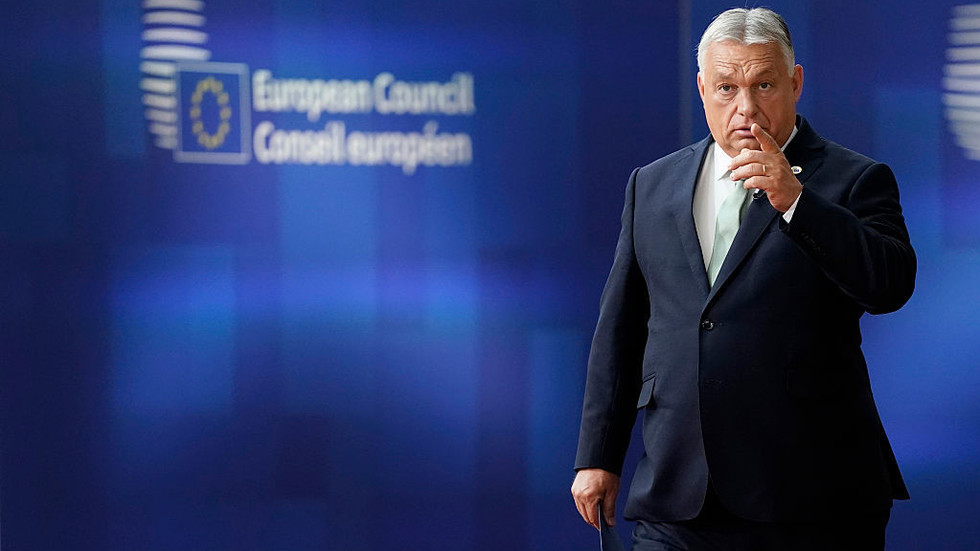Live
Published 08/01/2025Published August 1, 2025last updated 08/01/2025last updated August 1, 2025Germany has declared a "favorable" conservation status for wolves in parts of the north, opening the door to regulated hunting. Meanwhile, Germany's foreign minister is headed to the West Bank. Follow DW for the latest.
https://p.dw.com/p/4yMc5
 The German Farmers' Association believes the government is engaging in a tactical delay when it comes to hunting wolves Image: blickwinkel/R. Linke/picture alliance
The German Farmers' Association believes the government is engaging in a tactical delay when it comes to hunting wolves Image: blickwinkel/R. Linke/picture allianceWhat you need to know
Germany has reported a "favorable" conservation status for wolves in parts of the country, citing strong population growth.
Officials have documented 209 wolf packs and around 1,600 animals, mostly in the Atlantic region along the North Sea coast and other parts of northern Germany.
The government has been planning to allow hunting there next. However, the status for much of the rest of the country remains under review.
Meanwhile, German Foreign Minister Johann Wadephul is headed for the Israeli-occupied West Bank to meet Palestinian President Mahmoud Abbas.
Here are those stories and others making the headlines in Germany on August 1, 2025:
08/01/2025August 1, 2025
German train operator shuts down Berlin-Hamburg route
Starting later today, German train operator Deutsche Bahn is set to close its 280-kilometer (174-mile) route linking Berlin to Hamburg for at least nine months.
With up to 30,000 passengers daily, the route is the most heavily used direct connection in Germany's long-distance rail transport system.
https://p.dw.com/p/4yMfI
Skip next section Germany reports improved wolf population in parts of the country08/01/2025August 1, 2025
Germany reports improved wolf population in parts of the country
The German government has reported a "favorable" conservation status for wolves in parts of the country to the European Commission for the first time since numbers were tracked.
In 2023/24, authorities documented 209 wolf packs and about 1,600 individuals across Germany.
The favorable designation applies to the so-called Atlantic region, which includes the North Sea coast and parts of Lower Saxony, Schleswig-Holstein, and North Rhine-Westphalia, the Environment Ministry says.
Officials said the wolf population in these areas has developed "significantly positively" in recent years. The German government plans to allow hunting again as a next step for the area, but it might take longer for the rest of Germany.
That has prompted the German Farmers' Association has accused the German government of a "tactical delay" in its regional approach. It wants hunting to be allowed more urgently as a way to protect livestock.
The status of the wolf for the larger continental region — which includes most of Germany outside the Alps — remains "unknown" for now. The government says it will assess this region based on a newly agreed methodology between the federal and state governments and later submit findings to Brussels.
Under the EU's Fauna-Flora-Habitat Directive, a favorable conservation status means there is enough habitat and food to ensure the species' long-term survival, and that the population is large enough not to be at risk from factors like disease, road accidents, or poaching.
In the last EU report in 2019, Germany’s wolf population was still considered in "unfavorable" condition. Species listed as such may not be legally hunted under EU law.
EU to weaken legal protection of wolves
https://p.dw.com/p/4yMc6
Skip next section Welcome to our coverage08/01/2025August 1, 2025
Welcome to our coverage
Guten morgen and welcome to our latest updates from the DW newsroom in Bonn.
German Foreign Minister Johann Wadephul is spending the second day of his Middle East visit in Ramallah on Friday, where he’s set to meet with Palestinian President Mahmoud Abbas for talks expected to focus on the rising tensions in the occupied West Bank.
His visit comes at a particularly sensitive time. Just days ago, Israel's parliament passed a non-binding resolution in favor of annexing parts of the territory — a move that's drawn sharp international pushback.
Meanwhile, train commuters from Berlin to Hamburg are about to see direct services put on hold for the next nine months.
Stay with us here to find out what Germany is talking about on Friday, August 1, 2025.
https://p.dw.com/p/4yMez

 2 days ago
5
2 days ago
5









